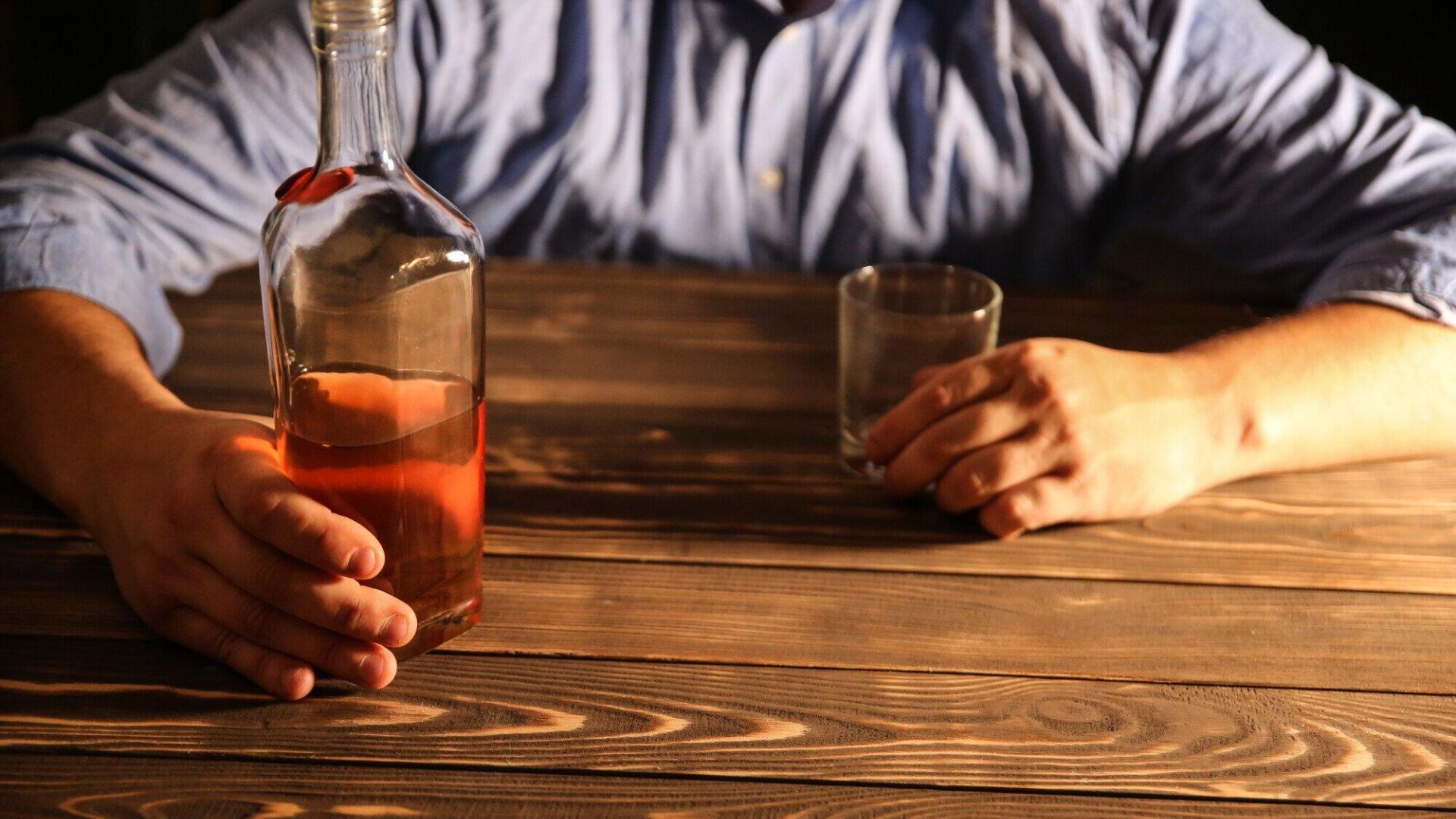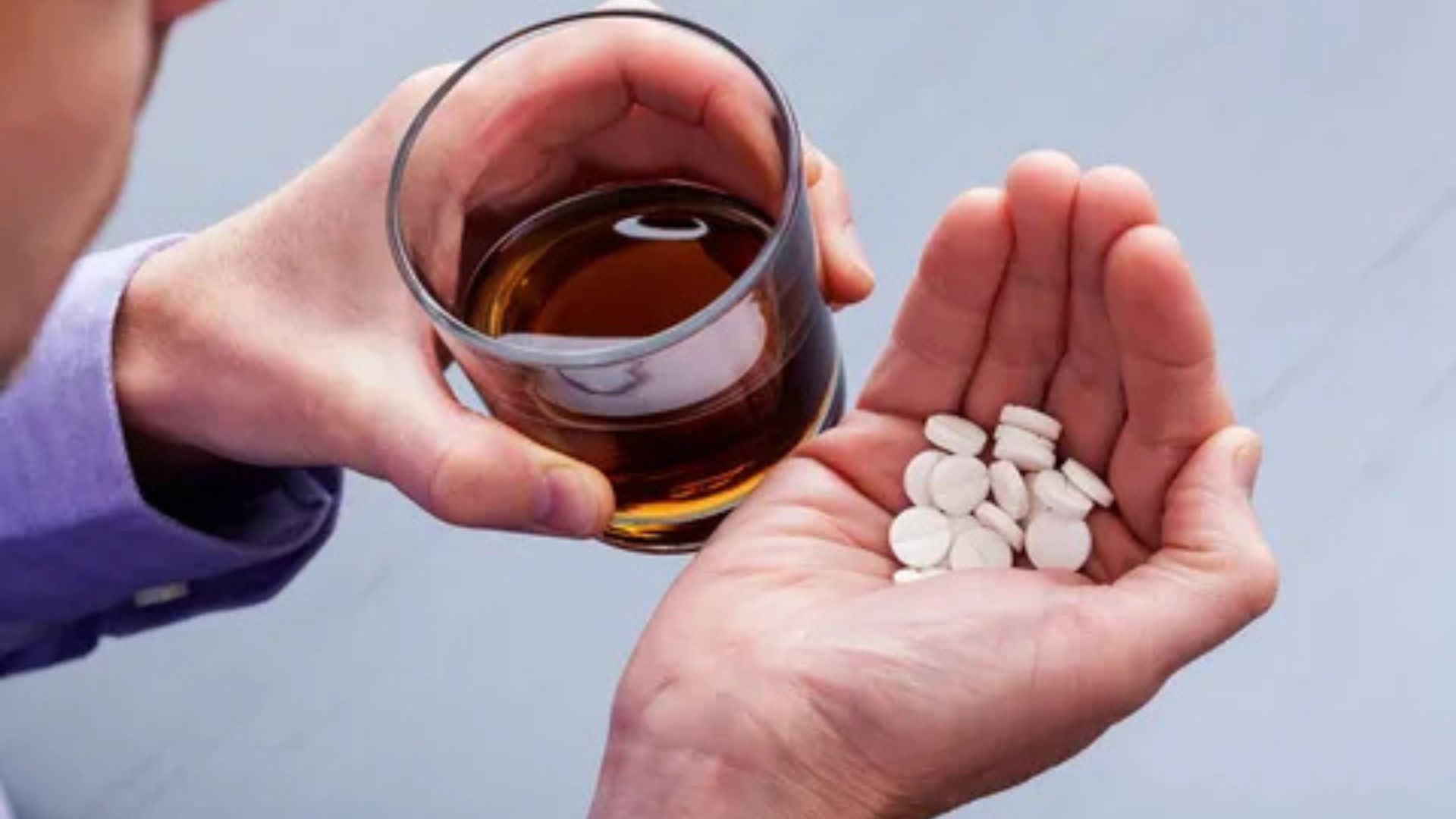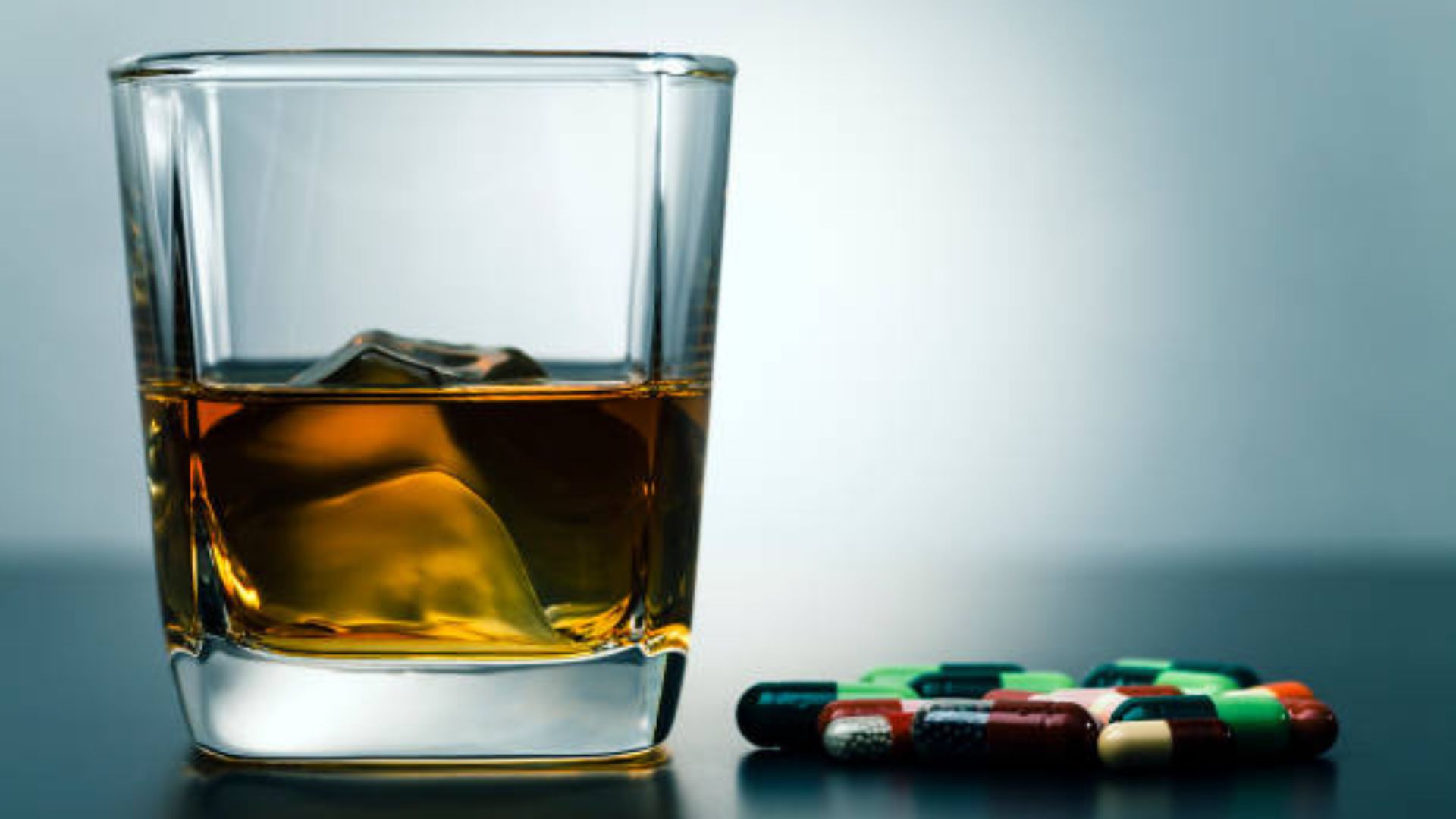No, Drinking alcohol during fluconazole treatment can increase side effects like nausea, dizziness, and liver stress, and may reduce the medication’s effectiveness. After a single dose, it’s safest to wait at least 3 days (72 hours) before consuming alcohol.
Introduction
If you’ve recently taken fluconazole, you might be wondering: can you drink alcohol after taking fluconazole? This is one of the most common questions patients ask after starting an antifungal treatment, especially when preparing for social events or daily routines that include drinking.
Fluconazole (also known by its brand name, Diflucan) is widely prescribed to treat fungal infections such as yeast infections and oral thrush. While the medication is effective and generally well-tolerated, mixing it with alcohol can raise serious concerns.
Alcohol and fluconazole are both processed through the liver, which means consuming them together can place extra stress on this vital organ. Beyond liver strain, drinking after fluconazole may intensify common side effects like nausea, dizziness, and stomach upset. In some cases, alcohol can also interfere with how well the medication works. This article explores when it’s safe to drink again, potential risks, and what doctors recommend.
Understanding Fluconazole and Its Uses
Fluconazole is an antifungal medication commonly prescribed to treat infections caused by Candida species. It’s often used for vaginal yeast infections, oral thrush, esophageal candidiasis, and systemic fungal infections. Many people know it by its brand name, Diflucan. Unlike topical antifungal creams, fluconazole is taken orally and works by inhibiting the growth of fungal cells, stopping the infection at its source.
Because fluconazole is metabolized by the liver, healthcare providers often caution patients about alcohol use during treatment. Drinking alcohol while taking fluconazole may interfere with the drug’s effectiveness and increase the risk of side effects.
Even though a single 150 mg dose is commonly used for uncomplicated yeast infections, stronger or longer courses are sometimes required. In every case, the same question arises: can you drink alcohol after taking fluconazole? To answer that, it’s important to understand how alcohol and antifungal medications interact in the body.
Can You Drink Alcohol After Taking Fluconazole?
The short answer is no—it’s not recommended to drink alcohol after taking fluconazole. While fluconazole itself does not cause an immediate dangerous reaction with alcohol in the same way some antibiotics do, the combination still carries risks. Both fluconazole and alcohol are processed in the liver. When taken together, they can place unnecessary strain on the liver and increase the chance of toxicity.
Fluconazole may already cause side effects such as nausea, dizziness, stomach discomfort, or headache. Drinking alcohol after fluconazole amplifies these issues, making you more likely to feel unwell. For people with pre-existing liver conditions, diabetes, or those taking other medications, the risks are even higher.
Another important factor is treatment effectiveness. Alcohol may weaken your immune system and interfere with how fluconazole works against fungal infections. That means your infection may take longer to clear or could return sooner.
So, can you drink alcohol after taking fluconazole? Medical experts consistently recommend avoiding alcohol until the medication has completely cleared your system. This approach helps protect your liver, reduces side effects, and ensures the antifungal treatment works properly.

How Long After Taking Fluconazole Can I Drink Alcohol?
Fluconazole is an antifungal medication commonly prescribed for yeast infections. One critical consideration while taking it is alcohol consumption. Drinking alcohol while on fluconazole is generally not recommended, as it can increase the risk of liver toxicity, amplify side effects such as nausea or dizziness, and reduce the effectiveness of the medication.
Most experts advise waiting at least 72 hours (3 days) after a single dose before consuming alcohol. For those on a longer course of fluconazole, it’s safer to wait until the medication is fully cleared from your system, which can vary depending on the dose, frequency, and individual liver function. Fluconazole has a long half-life of around 30 hours, meaning it takes several days for your body to eliminate it completely.
Even after this waiting period, it’s wise to consume alcohol in moderation and monitor for any unusual symptoms such as jaundice, abdominal pain, or persistent fatigue. If you’re taking other medications or have underlying liver conditions, consult your healthcare provider for personalized guidance.
Give your body at least 3 days after a single dose, or follow your doctor’s instructions for longer treatment courses, before drinking alcohol to ensure safety and maintain the effectiveness of fluconazole.
Side Effects of Fluconazole That Alcohol Can Worsen
Flucanozole is generally safe when taken as prescribed, but alcohol can intensify common side effects, making recovery uncomfortable. Many patients experience nausea, headache, stomach pain, and dizziness while on fluconazole, and drinking alcohol can worsen these symptoms. This combination may also slow your body’s healing process and reduce the medication’s effectiveness.
One of the most serious concerns is liver toxicity. Both alcohol and fluconazole are processed by the liver, and combining them can increase the risk of liver damage, especially in patients with pre-existing liver conditions.
Doctors often receive the question, “does fluconazole interact with alcohol?”—and the answer is yes. Even moderate alcohol consumption can magnify side effects, putting your health at risk. To ensure safe recovery and complete treatment effectively, it’s best to avoid alcohol entirely while taking fluconazole.

Medical Advice: Why Doctors Recommend Avoiding Alcohol
| Reason | Explanation |
|---|---|
| Ensures Medication Effectiveness | Avoiding alcohol helps fluconazole work properly and reduces complications. |
| Drug Metabolism Interference | Alcohol can alter how fluconazole is processed in the liver, reducing safety. |
| Increases Side Effects | Raises risks of nausea, dizziness, headaches, and liver stress. |
| Compromises Immune System | Alcohol weakens immune response, slowing recovery from fungal infections. |
| High-Risk Patients | Those with liver disease, diabetes, or kidney issues face greater health risks. |
| Prevents Resistance | Skipping doses or mixing with alcohol may promote resistant fungal strains. |
| Supports Recovery Guidelines | Following treatment rules ensures smoother, faster healing without setbacks. |
Safer Alternatives to Alcohol During Recovery
While avoiding alcohol is essential during fluconazole treatment, there are plenty of safe alternatives that support recovery and hydration. Water remains the best option, helping flush toxins and maintain overall health. Electrolyte drinks, herbal teas, and smoothies are excellent choices for replenishing nutrients and soothing the digestive system.
It’s equally important to avoid beverages that can irritate the stomach or interfere with healing, such as citrus juices, carbonated drinks, and caffeinated alcohol mixes. These can trigger discomfort, increase acidity, and slow down the body’s natural recovery process.
Choosing safe drinks after fluconazole not only helps prevent side effects but also supports candida treatment and overall wellness. By maintaining proper hydration and avoiding harmful beverages, patients can speed up recovery, feel more comfortable, and ensure the medication works effectively.
FAQs About Fluconazole and Alcohol
1. Can I drink alcohol while taking fluconazole?
No. Alcohol can worsen side effects like nausea, dizziness, and headache, and may increase the risk of liver damage. Avoid alcohol until the medication has cleared your system.
2. How long should I wait after fluconazole before drinking alcohol?
After a single dose, wait at least 72 hours (3 days). For longer courses, wait until the medication is fully cleared from your body. Always consult your doctor if you have liver issues or other health conditions.
3. What side effects can alcohol make worse?
Alcohol can intensify nausea, headache, stomach pain, and dizziness. It also increases the risk of liver toxicity, especially in patients with pre-existing liver conditions.
4. Are there safer alternatives to alcohol during fluconazole treatment?
Yes. Water, herbal teas, electrolyte drinks, and smoothies are excellent options. Avoid citrus juices, carbonated beverages, and caffeinated alcohol mixes to support recovery.
5. Does fluconazole interact with other medications and alcohol?
Yes. Combining alcohol with other medications while taking fluconazole can increase side effects and reduce treatment effectiveness. Always check with your pharmacist or doctor before drinking.





